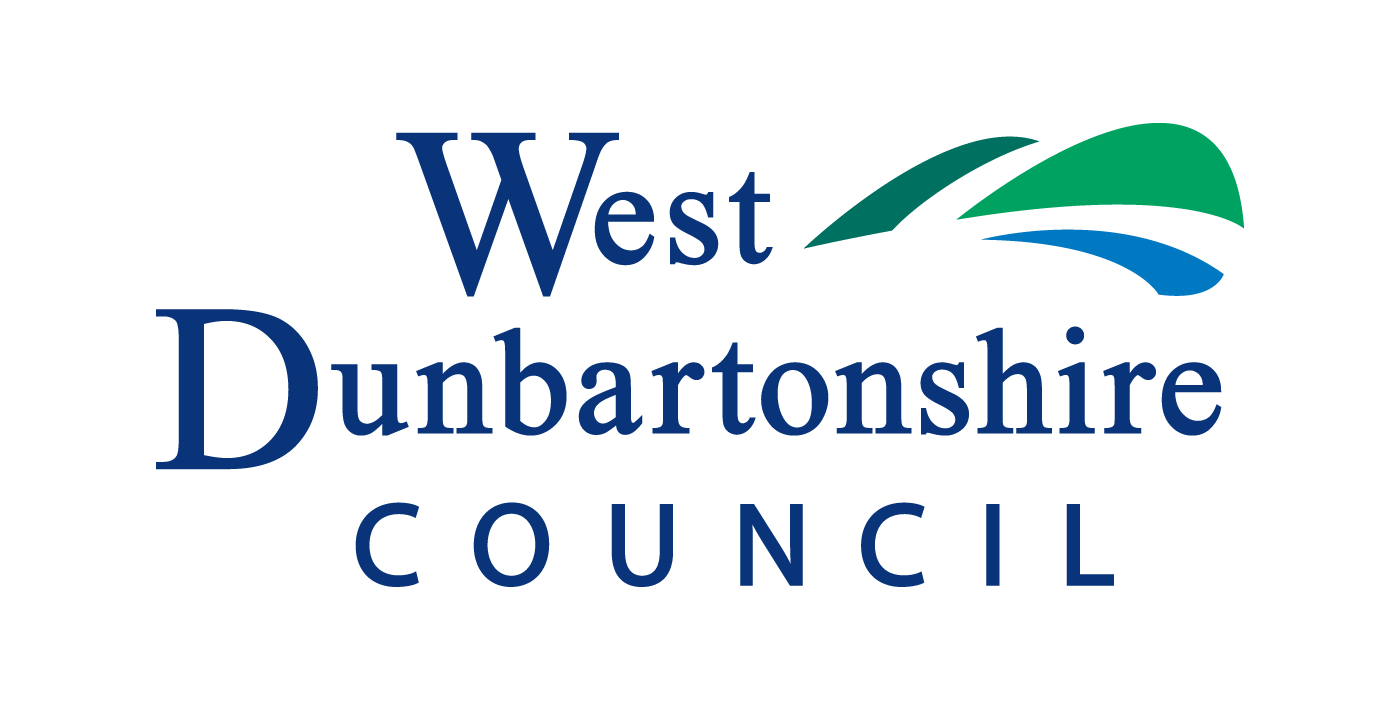Published 08 December 2022
A range of measures to help West Dunbartonshire Council close a budget gap of more than £20million will be presented to Councillors for consideration later this month.
The proposals have been put forward by officers as part of work to address the difference between the income the Council receives and the money it costs to deliver services to the community.
Like many other authorities throughout Scotland, the Council’s budget gap for 2023/24 is the most significant it has ever faced, and it is likely to increase further due to a range of factors including increases in inflation, interest rates, utilities, fuel, materials and employee costs.
The options have been developed to reduce spending while protecting frontline services, including services residents identified as their priorities during a public consultation on the Strategic Plan earlier this year.
Among the proposals is an option to bring school transport more in line with the statutory provision, which the Council currently exceeds, and this change would save £200,000 in 2023/24, rising to £300,000 in future years. In addition, changes to school staffing allocation has the potential to achieve a saving of £654,000.
Also proposed are changes to the opening hours of the Council’s recycling centres, with potential annual savings of between £24,000 and £140,000. In addition, amendments to refuse routes will be considered which would reduce the Council’s carbon footprint, and deliver an annual reduction in spending of up to £189,000.
Additional income could also be generated through the introduction of parking enforcement, which is currently overseen by the Police in West Dunbartonshire, to bring in up to £325,000 a year.
By introducing a charge for use of Electric Vehicle Charging Points throughout the area, which are currently free to use, the Council could generate up to £380,000 over the next three years.
Council Chief Executive, Peter Hessett said: “We know this range of options will be unsettling for our residents who are struggling with the cost of living and relying more and more on our services. Sadly, West Dunbartonshire Council is not immune from these same pressures, and like many other authorities around Scotland, we are facing the most challenging financial situation in our history.
“The scale of the budget gap, compounded by rises in costs like fuel, energy and staffing, means that considering these savings options is vital to protect frontline services as well as deliver a balanced budget in March.
“These are proposals at this stage and no decision will be made until they are considered at the Council meeting on December 21.”
The budget options are detailed as part of a Financial Update report published on the Council website today, ahead of the meeting in December.
The options are part of a two-stage budget process, with further options being developed by officers which will be considered at a Budget meeting in March.
